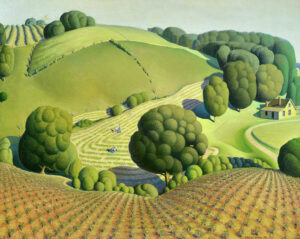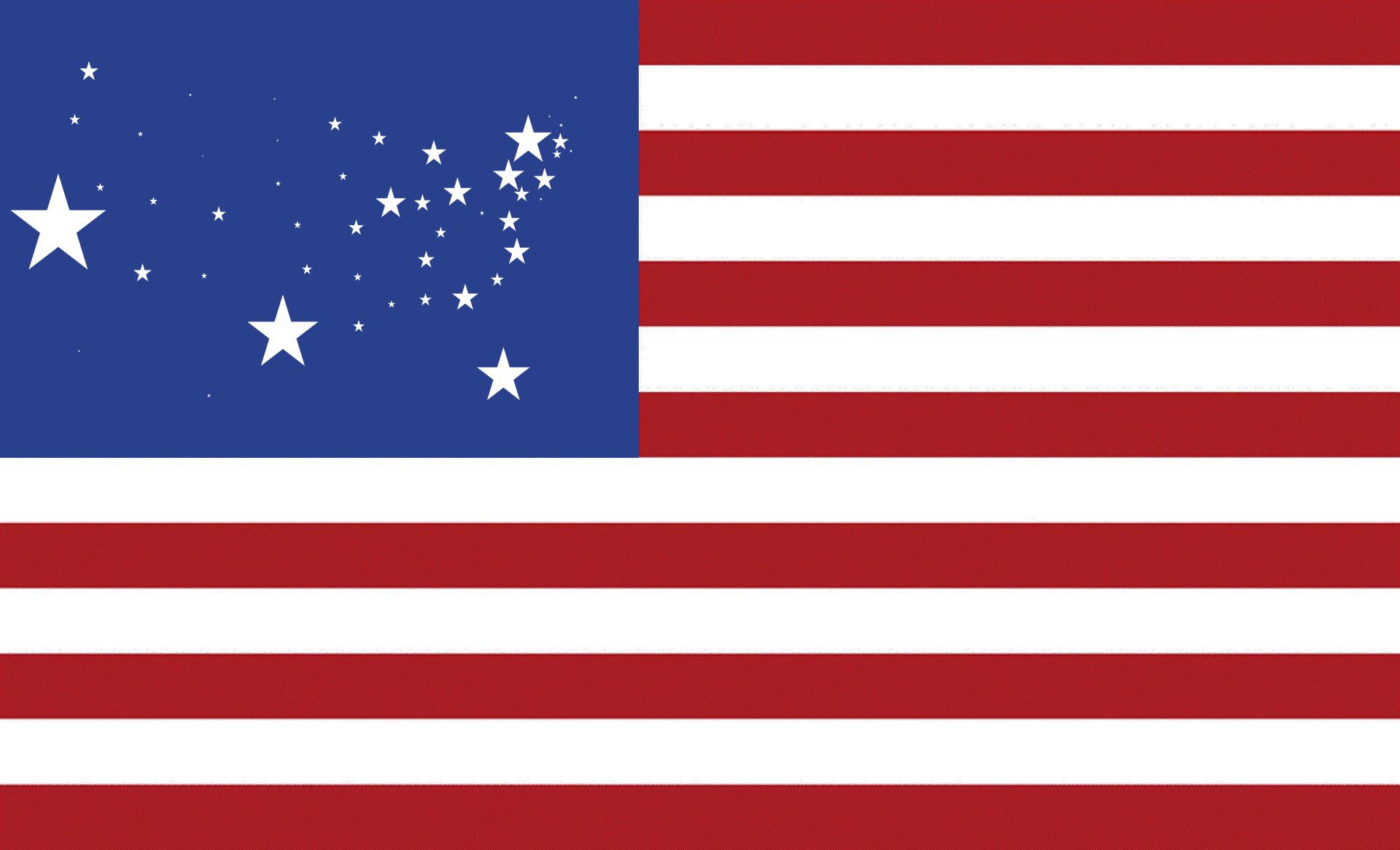| Contribute a translation | Source (English) |
|---|---|
Our god and father, it is good to give thanks to you and to acknowledge your blessings. Only thus can we savor them to the full. In the hurried pace of our lives and in our preoccupation with the petty and the trivial, we are prone to take your gifts for granted. Oblivious of your bounties, we sinfully waste the opportunities they afford us for living the good life. Therefore, do we set aside this day for thanksgiving. | |
We thank you for the land and for its fruits by which we live. We thank you for the vigor of body and mind that enables us to exploit the fertility of our country’s fields and forests and the buried treasures of its mineral wealth.[1] Find our note below on why we find this statement of gratitude problematic. We thank you for the varied beauty of its landscape, for the grandeur of its mountains, the hospitality of its plains and prairies, and the gleaming vistas of ocean from its coasts. | |
We thank you for the inspiration of our country’s history— for the courage and hardihood that sustained its explorers and pioneers, for the heroism that inspires its fighters for freedom and equality, for the enterprise that builds its teeming cities, for the arts that express the beauty and meaning of its way of life, for the just laws and free institutions that enable its people to work together in peace and harmony. | |
Grant, O God, in your grace, that we may perfect our national life to the measure of your bounty. Grateful for the gifts you have bestowed upon us, may we use them to extend the area of freedom, justice, and good-will among men. May our use of your gifts bear witness to mankind that life is good when lived according to your benign will, O gracious Giver of all good. Amen. |
This opening prayer for Thanksgiving Day, “The Significance of the Day,” was first published in The Faith of America: Readings, Songs, and Prayers for the Celebration of American Holidays (Jewish Reconstructionist Foundation 1951), p. 304 — as preface to a number of readings selected by Mordecai Kaplan, Eugene Kohn, and J. Paul Williams for the day. It is unclear from this publication whether the prayer was written by Mordecai Kaplan, J. Paul Williams, or Eugene Kohn separately or together in collaboration.
I have tagged this prayer as problematic due to the statement, “We thank you for the vigor of body and mind that enables us to exploit the fertility of our country’s fields and forests and the buried treasures of its mineral wealth” — a naïve statement that elides the destruction of such exploitation to the land and its complex interconnected ecologies for all the human and non-human creatures that inhabit it. (For a prayer from the same period with a similar orientation to material resource extraction, find Rabbi Avraham Samuel Soltes’s, Prayer for American Enterprise and Prayer in Spring.) I have edited this prayer to replace archaisms (thee, thou, etc.). — Aharon Varady
Source(s)

Notes
| 1 | Find our note below on why we find this statement of gratitude problematic. |
|---|

“Opening Prayer on the Significance of Thanksgiving Day, by Rabbi Mordecai Kaplan, J. Paul Williams, and Eugene Kohn (1951)” is shared through the Open Siddur Project with a Creative Commons Attribution-ShareAlike 4.0 International copyleft license.








Comments, Corrections, and Queries